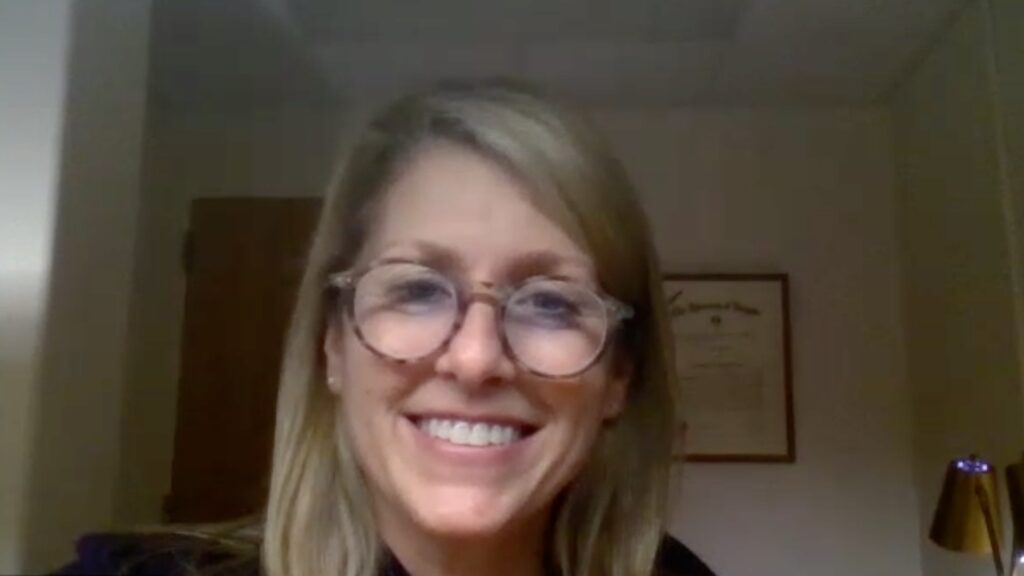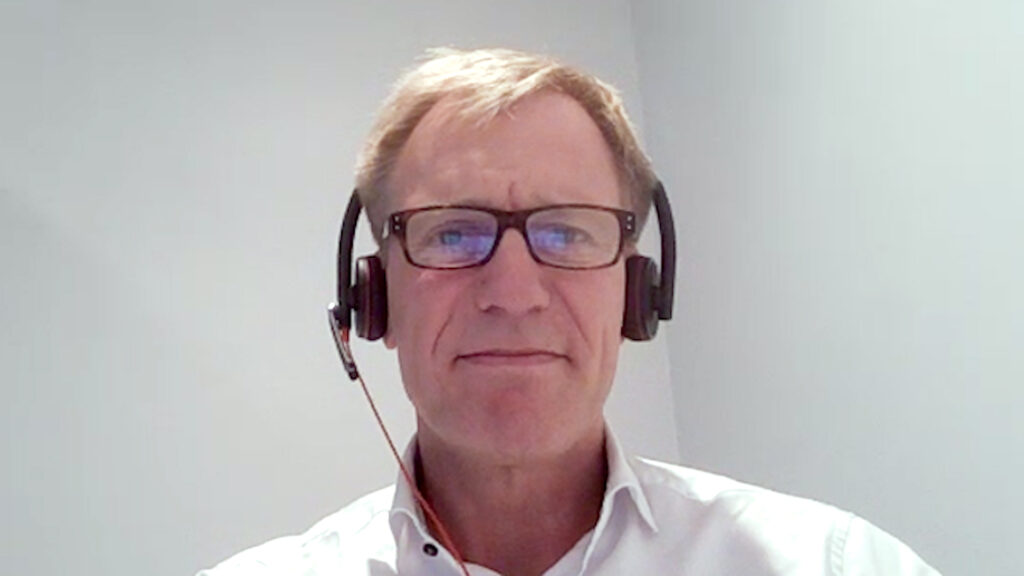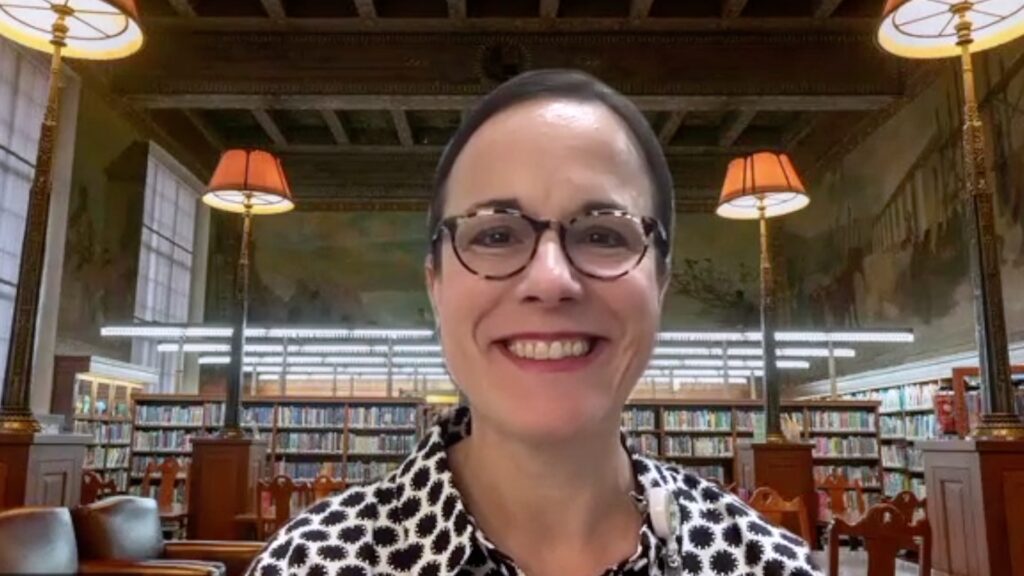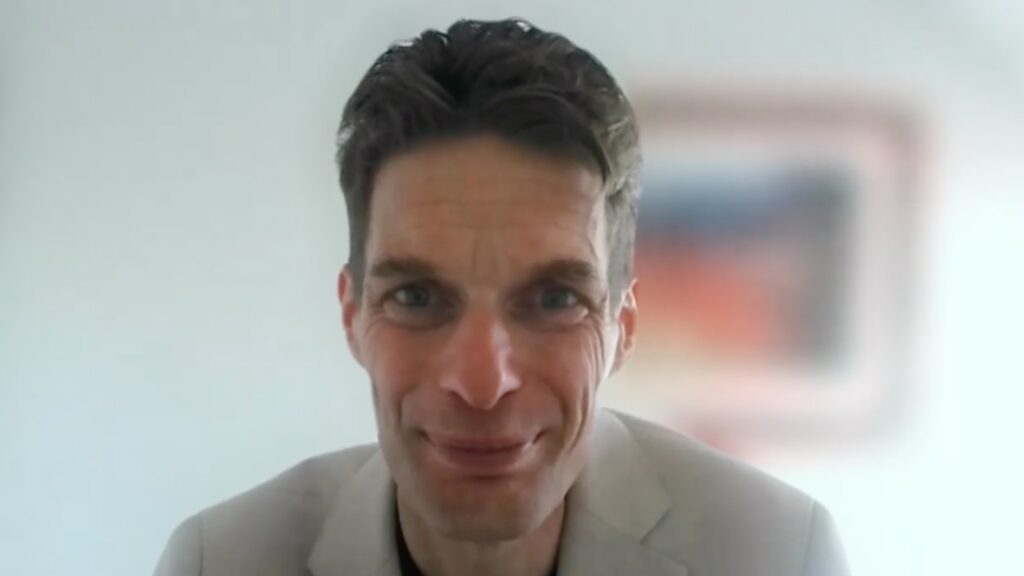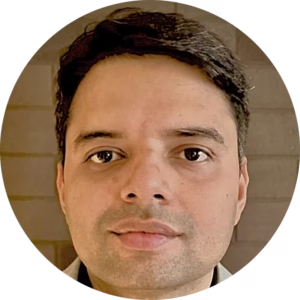 Dr Sourabh Sharma is a dedicated nephrologist and transplant physician, currently serving as Assistant Professor of Nephrology at Vardhaman Mahaveer Medical College and Safdarjung Hospital, Delhi, India. A gold medallist from SMS Medical College, Jaipur, he pursued his MD in Internal Medicine at Post Graduate Institute of Medical Education and Research (PGIMER), Dr Ram Manohar Lohia Hospital, New Delhi, followed by super-specialization in nephrology from the prestigious Army Hospital (Research and Referral), New Delhi. Dr Sharma has performed over 500 kidney biopsies and numerous dialysis access procedures independently. He has a strong academic and research background, with multiple publications in esteemed journals and accolades for his presentations at national and international conferences. Notably, he was mentored by Dr David Mudge under the International Society of Nephrology’s mentorship program and was awarded an infectious diseases (ID) fellowship in Atlanta in 2018.
Dr Sourabh Sharma is a dedicated nephrologist and transplant physician, currently serving as Assistant Professor of Nephrology at Vardhaman Mahaveer Medical College and Safdarjung Hospital, Delhi, India. A gold medallist from SMS Medical College, Jaipur, he pursued his MD in Internal Medicine at Post Graduate Institute of Medical Education and Research (PGIMER), Dr Ram Manohar Lohia Hospital, New Delhi, followed by super-specialization in nephrology from the prestigious Army Hospital (Research and Referral), New Delhi. Dr Sharma has performed over 500 kidney biopsies and numerous dialysis access procedures independently. He has a strong academic and research background, with multiple publications in esteemed journals and accolades for his presentations at national and international conferences. Notably, he was mentored by Dr David Mudge under the International Society of Nephrology’s mentorship program and was awarded an infectious diseases (ID) fellowship in Atlanta in 2018.
In this Q&A, Dr Sourabh Sharma reflects on the vital role of mentorship, emerging trends in nephrology, the transformative impact of patient care, and his vision for an inclusive, patient-centred legacy.
Mentorship has been an invaluable pillar throughout my journey in nephrology. As a mentee, I was and am fortunate to learn from mentors who guided me through the complexities of clinical practice, research and ethical dilemmas. Their experience and insights not only deepened my knowledge, but also instilled in me the importance of balancing clinical acumen with patient-centred care.
Transitioning to the role of a mentor has been equally transformative. Guiding young professionals has reinforced my own understanding of the specialty while allowing me to contribute to shaping the next generation of nephrologists. Both roles—mentee and mentor—have taught me that mentorship is a two-way street, fostering mutual growth. The exchange of ideas, experiences, and challenges through mentorship has enabled me to navigate hurdles with greater clarity and confidence. Ultimately, mentorship has taught me the value of collaboration, humility and lifelong learning in medicine.
Several groundbreaking developments in nephrology excite me, particularly advancements in transplantation and diabetic kidney disease (DKD). The prospect of “transplant sans immunosuppression” has the potential to revolutionize organ transplantation, eliminating lifelong medication burdens and reducing associated complications. Similarly, the integration of artificial intelligence into nephrology is transforming diagnostics, personalized treatment planning and predictive analytics, allowing for more precise and effective patient care.
In the realm of DKD, the emergence of the “four pillars of treatment” — renin-angiotensin-aldosterone system (RAAS) inhibitors, sodium-glucose co-transporter 2 (SGLT2) inhibitors, non-steroidal mineralocorticoid receptor antagonists (MRAs), and glucagon-like peptide-1 (GLP-1) receptor agonists — has significantly advanced the management of this complex condition. These pillars are reshaping therapeutic approaches, emphasizing prevention and individualization. Each of these trends represents a step closer to improving outcomes, enhancing patient experiences and addressing unmet needs in nephrology, fueling my enthusiasm for the future of the specialty.
Working with patients has profoundly shaped my approach to medicine, emphasizing the importance of empathy and compassion in clinical care. I believe that understanding a patient’s journey goes beyond addressing their symptoms—it involves listening, providing emotional support and fostering trust. My voluntary work in the slums of New Delhi, India has offered invaluable lessons. Witnessing the challenges faced by underprivileged communities deepened my resolve to ensure equitable care. The joy and relief I see on a patient’s face after alleviating their symptoms remain the most fulfilling aspects of my profession. These experiences have reinforced my commitment to holistic, patient-centred care, where each decision is made with empathy and a genuine desire to improve lives. My approach continues to evolve as I learn from every patient, making their wellbeing the cornerstone of my practice.
In the field of renal endocrinology, I aspire to leave a legacy rooted in patient-centric care and equitable treatment access. My vision is to ensure that cutting-edge therapies are accessible to the “last man standing,” irrespective of socioeconomic status. This involves not only advocating for advancements in renal endocrinology but also implementing systems that prioritize affordability and availability for the poorest of the poor. Additionally, I aim to champion holistic care that integrates clinical excellence with compassion, inspiring others to prioritize humanity alongside innovation. By fostering research, mentoring young professionals and building sustainable healthcare models, I hope to contribute to a future where nephrology and endocrinology work seamlessly together to improve lives across all strata of society.
Disclosures: This short article was prepared by touchENDOCRINOLOGY in collaboration with Dr Sharma . No fees or funding were associated with its publication.
Cite: Q&A with Dr Sourabh Sharma: touchENDOCRINOLOGY Future Leader 2025. touchENDOCRINOLOGY. July 15, 2025.
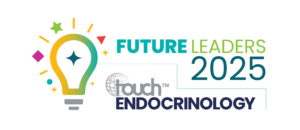
touchENDOCRINOLOGY is celebrating the brightest rising stars in the endocrinology community, who are set to shape the future of the field.
SIGN UP to touchENDOCRINOLOGY!
Join our global community today for access to thousands of peer-reviewed articles, expert insights, and learn-on-the-go education across 150+ specialties, plus concise email updates and newsletters so you never miss out.



